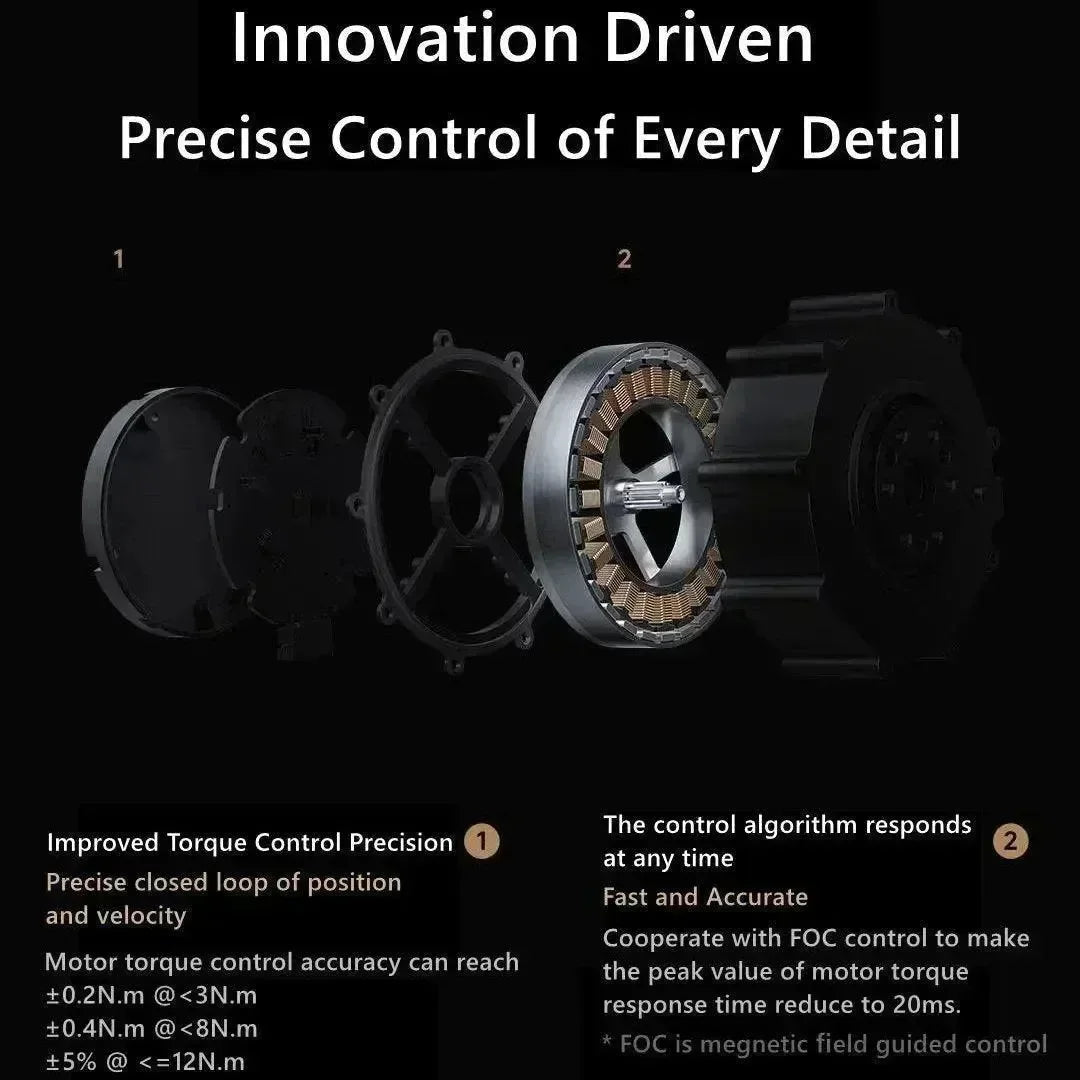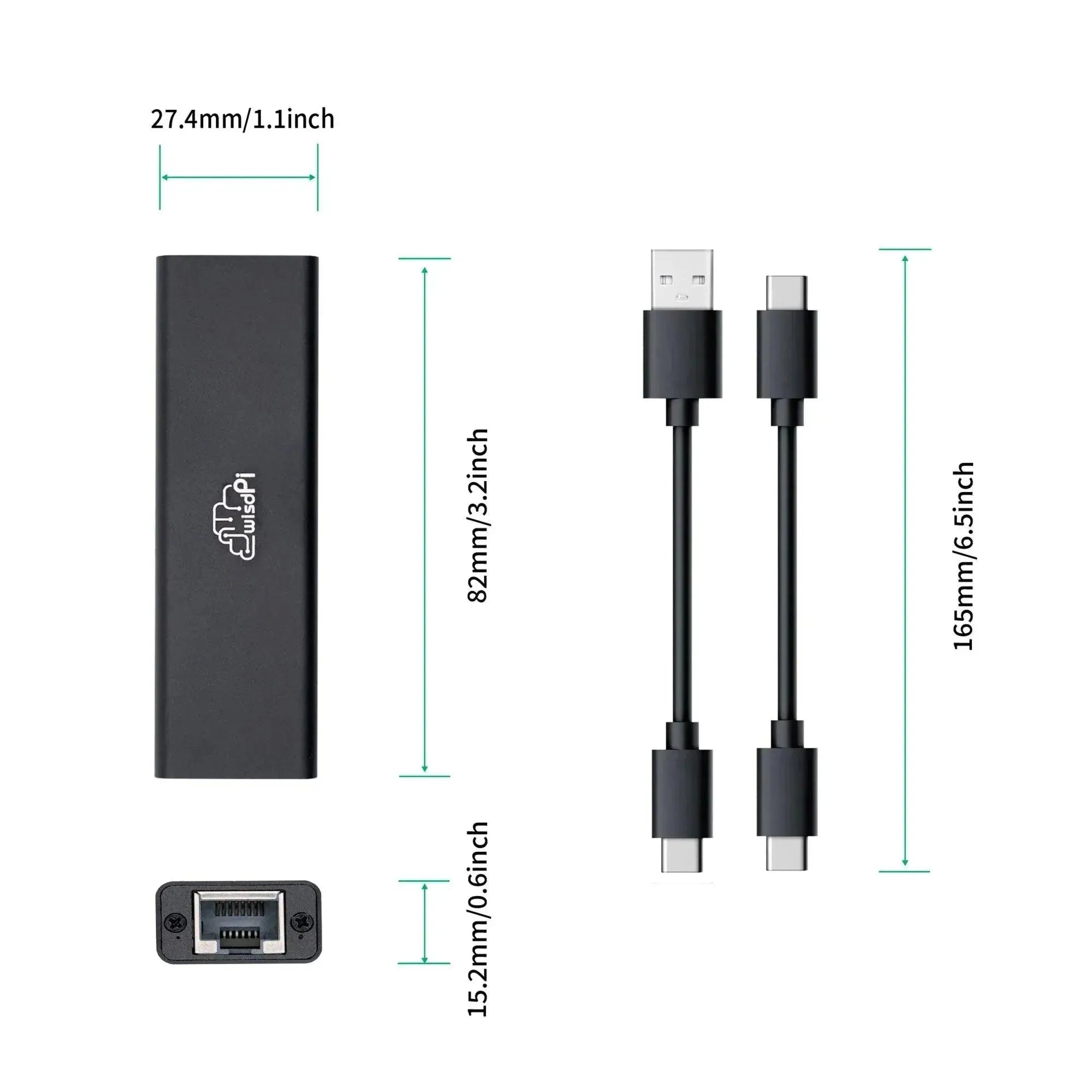In modern technology, smart hardware has become an integral part of our daily lives. From smart home devices to autonomous vehicles, advances in sensor technology have made these devices more intelligent and efficient. Among various sensors, the HC-SR04 ultrasonic distance sensor is undoubtedly one of the most common and important components. This document will provide a detailed introduction to the HC-SR04 module's features, specifications, and its applications in smart hardware development.
Module Introduction
The HC-SR04 ultrasonic distance sensor is a high-performance, low-cost distance measurement sensor. It can provide non-contact distance measurements from 2cm to 400cm with an accuracy of up to 3mm. This precision and measurement range make the HC-SR04 an ideal choice for various applications, including robot obstacle avoidance, object distance measurement, and intelligent transportation systems. The core components of the module include an ultrasonic transmitter, receiver, and control circuit. The transmitter emits ultrasonic signals, which are reflected back upon hitting an obstacle. The receiver captures the reflected signals, and the control circuit calculates the distance between the obstacle and the module.
Specifications
-
Operating Voltage: 5V
-
Operating Current: 15mA
-
Operating Temperature: -20°C to +60°C
-
Input Trigger Signal: 10us TTL pulse
-
Output Echo Signal: Output TTL level signal, proportional to distance
-
Max Range: 4m
-
Min Range: 2cm
-
Operating Frequency: 40kHz
-
Measurement Angle: 15 degrees
-
Material: Plastic
-
Dimensions: Approximately 45*20*25mm
Wiring Diagram
To operate the HC-SR04 with a Raspberry Pi, the module's pins must be correctly connected to the Raspberry Pi's GPIO pins. Connect the 0V of the Raspberry Pi to the GND of the module (black wire); the 5V of the Raspberry Pi to the VCC of the module (red wire); GPIO7 of the Raspberry Pi to the Trig of the module (yellow wire); and GPIO1 of the Raspberry Pi to the Echo of the module (blue wire).

Code Example
Here is a Python example for using the HC-SR04 with a Raspberry Pi:
Working Principle Diagram
The HC-SR04 module works by emitting ultrasonic signals, which reflect back upon hitting an obstacle. The receiver captures the echo signal, and the control circuit processes it to calculate the distance between the obstacle and the module. This process is fast and efficient, ensuring precise and real-time distance measurement.

Experimental Phenomena
The HC-SR04 ultrasonic module can provide reliable distance measurement support in various scenarios, such as robot obstacle avoidance, smart home, garage parking assistance, and water level detection. By setting obstacles in front of the module, the output displays the distance between the obstacle and the module, achieving high-precision distance measurement. The HC-SR04 ultrasonic module is widely used in automatic obstacle avoidance, object detection, and distance measurement scenarios. It is commonly found in smart robots, autonomous vehicles, and smart home systems.
If you're working on a project using the HC-SR04 Ultrasonic Distance Sensor, our website offers a wide range of Ultrasonic Distance Sensor products, and we can also produce customized Ultrasonic Distance Sensor based on your
requirements.
OpenELAB is
a one-stop development platform for global AIoT electronics enthusiasts and
an open-source community for electronic engineers. Besides providing developer modules online, our services also include customized
manufacturing of various electronic parts such as micro switches and batteries, as well as plastic or metal parts through
3D printing, injection molding, CNC, laser cutting, etc.
In addition to the HC-SR04 Ultrasonic Distance Sensor,, OpenELAB offers other electronic component sourcing services such as
sensors, displays, IoT, and
more. OpenELAB has a user-friendly website that makes it easy to find the components you need, and they offer fast shipping to customers around the world.
Moreover, OpenELAB offers
Design as a Service (
DaaS) for design optimization,
Manufacturing as a Service (
MaaS) for production manufacturing,
Supply Chain as a Service (
SaaS) for supply chain support, and
Quality as a Service (
QaaS) for quality control to AIoT products transitioning into mass production, ensuring a smooth transition to the
commercial production phase.
Most importantly, OpenELAB is dedicated to building a global open-source community for AIoT electronic developers. Through the OpenELAB open community, developers in the AIoT electronic revolution can collaborate, empower each other, and create a culture of mutual respect and collaborative sharing, generating more innovative AIoT intelligent hardware products for the world.
























































































